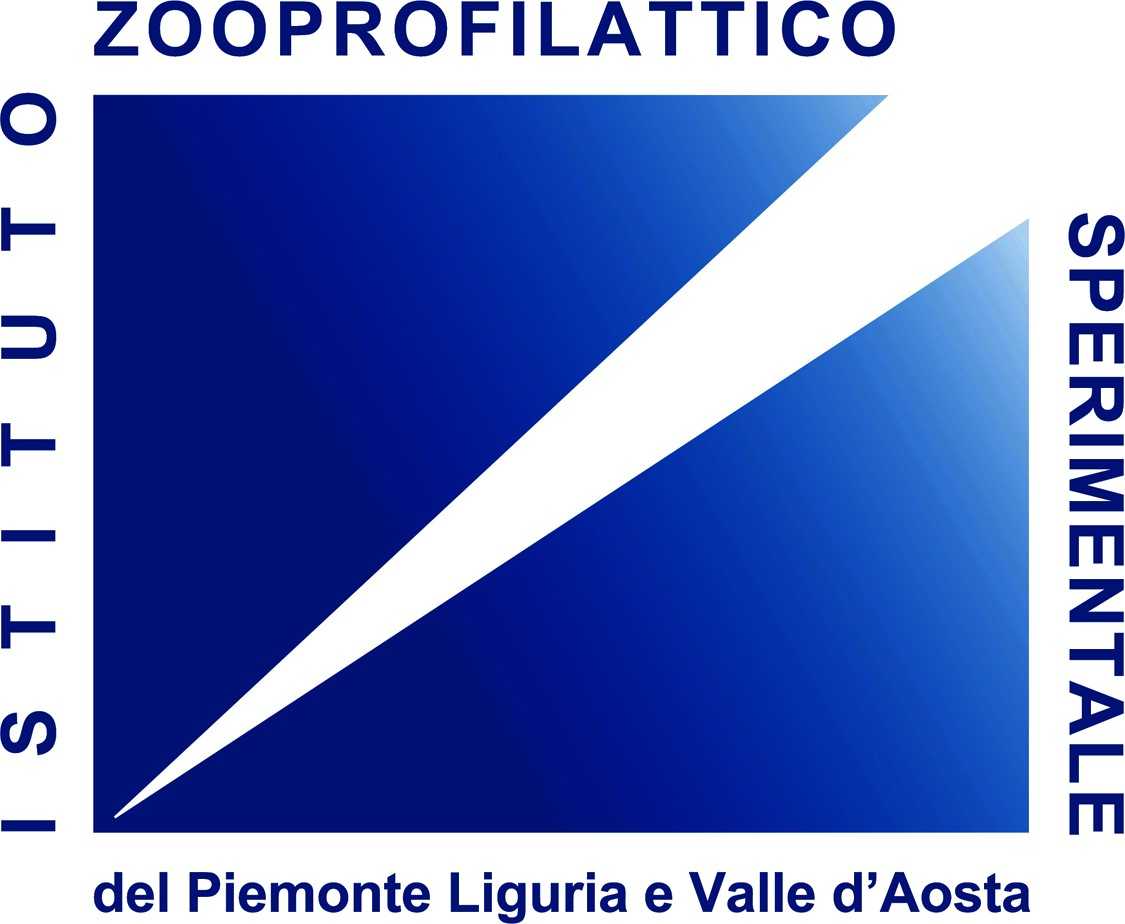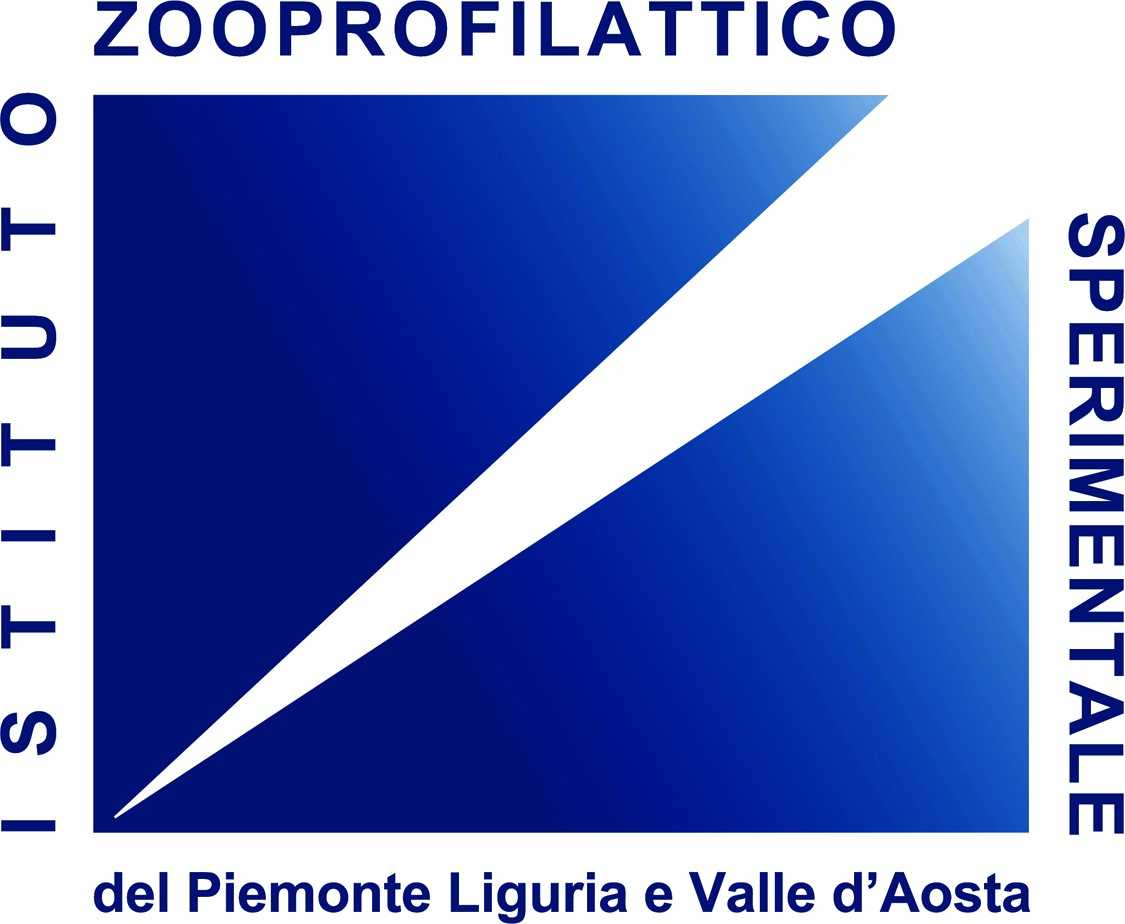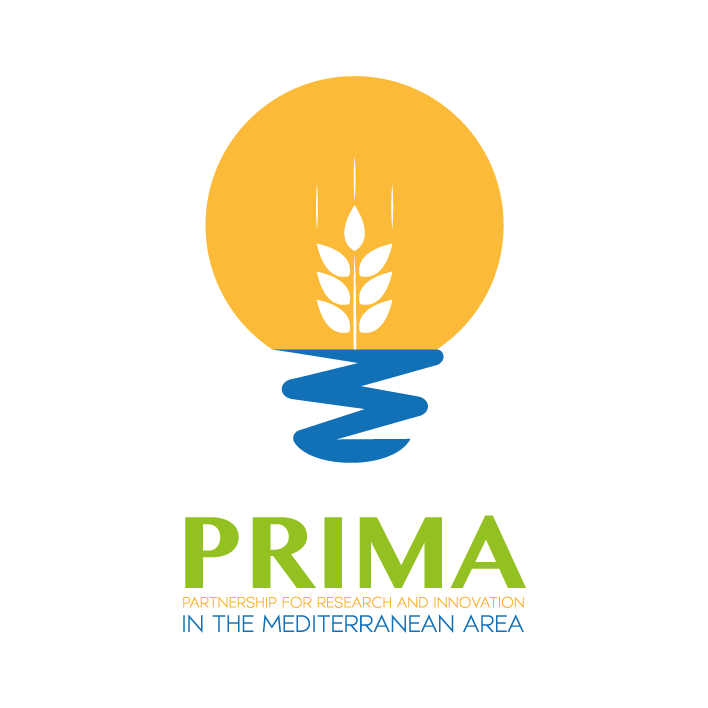Recombinant vaccines are based on the expression of immunogenic target regions of a pathogen expressed in a heterologous host from which the protective antigen is purified and used in vaccine formulation. For developing a protein antigen-based vaccine, the starting point is the characterization of multiplex protein compounds from bacterial pathogens by two dimensional denaturing polyacrylamide gel electrophoresis (2D-SDS-PAGE). Western blot analysis of sera collected from infected/survivor fish led to reveal the most immunogenic antigen which are easily recognized by host immune system, inducing a response. Once immunogenic proteins have been identified, it is possible to produce them in large quantities with recombinant DNA technology, purify them and use it to vaccinate fish. The production of recombinant proteins has several advantages: it is economical to cultivate the bacteria, producing vaccines on a large scale, and furthermore these vaccines are safe and economical in comparison to live attenuated bacteria-based vaccines, which may revert to pathogenic agents. Several recombinant protein-based vaccines are commercially available and important fish diseases were successfully countered using recombinant vaccines, as reported in chapter 17 of Biotechnological approaches to fish vaccine of Genomics and Biotechnological Advances in Veterinary, Poultry, and Fisheries, (2019).
Actually, autologous and commercial adjuvated vaccines are available for lactococcosis. All these vaccines have to be administered by injection with procedures that sometimes are too complex and expensive for small-scale farming systems. Their efficacy is limited in space (autologous) and time. This issue will be addressed, in SUPERTROUT Project, by changing the production and administration methods, trying to develop a recombinant-protein vaccine to be administered by immersion. This is the key objective of Work Package 3 of the SUPERTROUT Project, in which the skills and knowledge of the different Partners will be combined to develop an effective vaccine to combat lactococcosis in rainbow trout.





